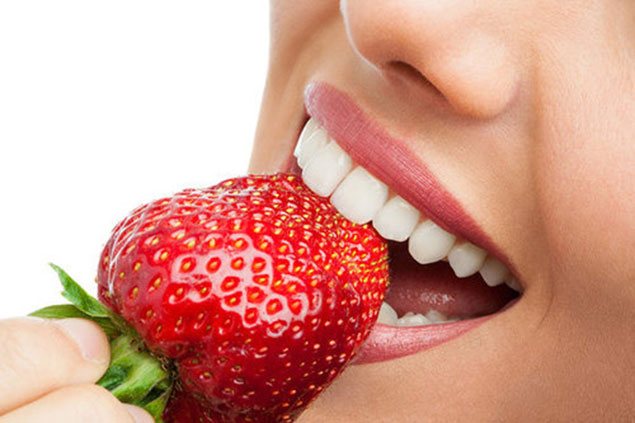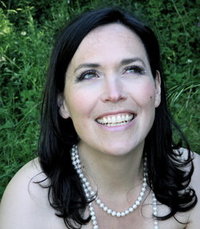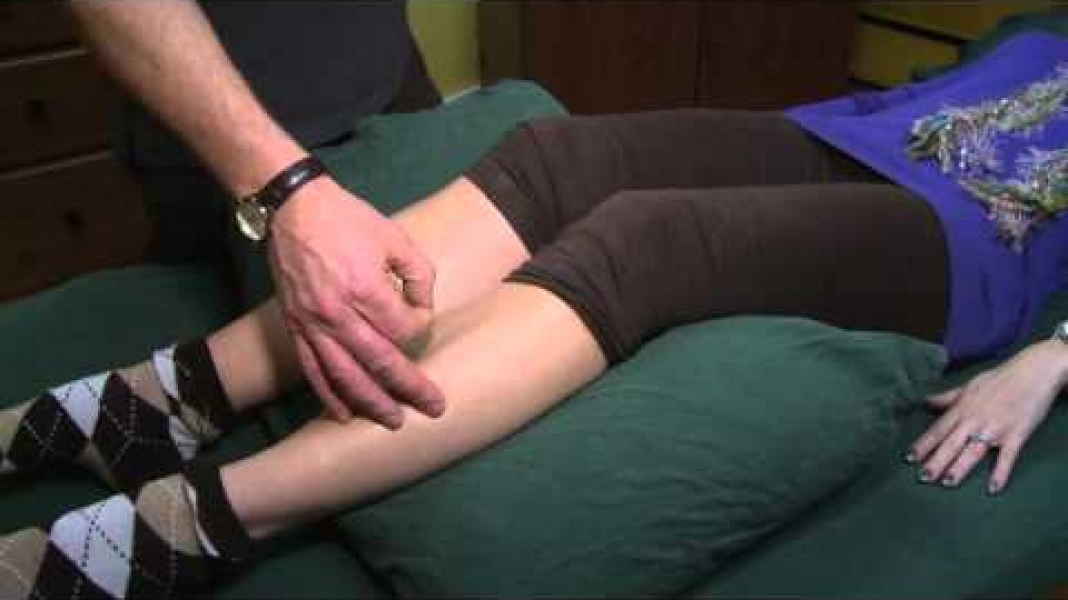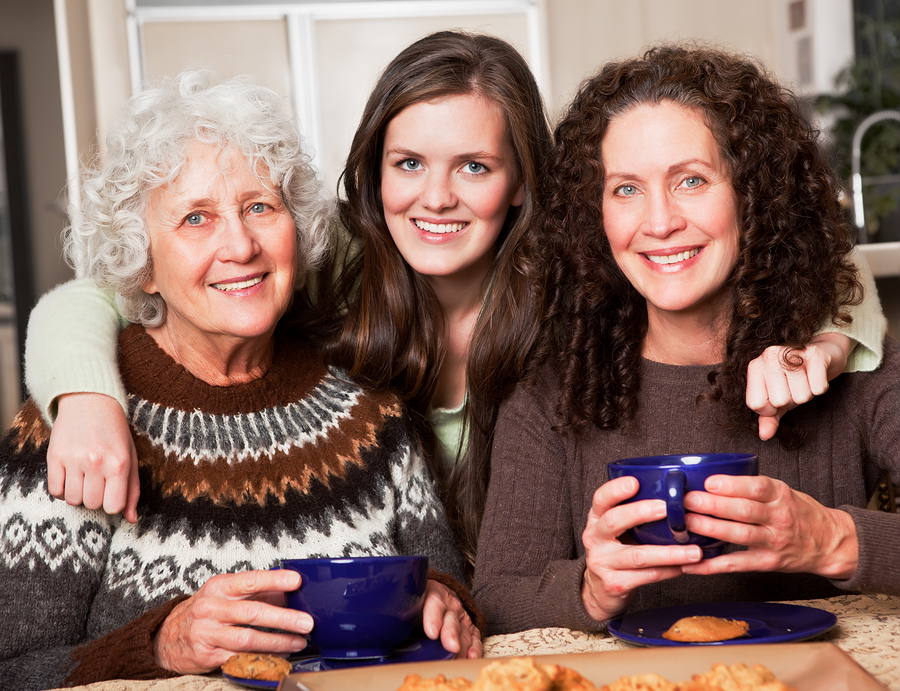
Guest blog by Michelle Brewer, BA, MPhil, PhD (cand)
Michelle is a philosopher, activist, instructor and counsellor. She did her academic work in philosophy, psychology and women’s studies. She has a passion for women’s issues and liberation, especially how these help women use their relationship to food and their bodies as a portal to their best possible lives. She is the counsellor at “Dragonfly Freedom – Counselling & Wellness” in Edmonton, Alberta. You can contact her at dragonflyfreedom@yahoo.com

I remember being young and thin. I was sure I would always be that way. I swam on the swim team twice a day in the summer. I downhill skied and figure skated in the winter. I wondered which would be the sport I would do in the Olympics. My favourite foods were fresh fruit and spaghetti sauce (not together mind you). My closet represented a delightful opportunity to express my personality through my wardrobe. As I got into my teens I noticed that I wasn’t thin anymore. It wasn’t just puberty curviness either. In fact, there was a period where I would get home from school at 3.30, and eat until my parents got home from work at 5.00. Typically, I would start by watching the afternoon version of Jeopardy! over a bowl of Frosted Mini Wheats and white bread with cheese melted from the microwave. I would move on to whatever else looked good in the fridge like ice cream, the best part of the leftovers from the night before, a second helping of cereal. Then I would have dinner.
When I looked in the mirror, I was shocked. I now chose my clothes to best cover my bigger self up. Gone was the body I’d had and the confidence I’d had about it. I was ashamed. I felt unworthy and unlovable. To counter this, I tried dieting. I was successful so long as I *stayed* on the diet. That seemed crazy to me given that I had been thin for most of my life without dieting. This led to the realization that dieting couldn’t be the answer. How could there be so many different diets and so little permanent weight loss? But I didn’t want to give up on myself either. I then came across some information that was revolutionary for me. I read in a book that my body can be trusted to reach and maintain a natural size if I followed some pretty sensible guidelines: (i) eat when I am hungry, (ii) eat what my body craves, and (iii) stop the moment the hunger goes away. The idea that the answers were within me nourished my soul much as it did my body. I did really well with this…until there were hard periods in my life.
At those times, I would watch myself reach for food when I wasn’t hungry. I felt like I had no other choice. I was frustrated. But it was the only thing I could do to make the pain go away. I came to see I was compulsive eater. Jolted by this realization, I began a process of self-examination. I wanted to understand what was drawing me to the food when I knew I didn’t want to be eating it. Through counselling, I began to see that I was “treating” a painful childhood pain with a tasty, trustworthy, ever-present medication. I came to appreciate the soothing experience of food as a powerful and addictive drug. But it was also a drug that I couldn’t quit because I needed it to live.
For me, the insights I got from therapy played a significant role in my aligning my eating habits with what I called above the revolutionary information about “hunger” eating. But sometimes it is really hard for me to break the connection between food as calm, food as safety, food as love. There were times when once I wanted the food, there was NO WAY I to say “no” to myself. Once I started eating, there was NO WAY I was going to stop until I felt absolutely full. Some people call this reaction the food trance. Those neural pathways that connected food with comfort were well grooved in me. How could I break them? How could I lay new ones? I was overwhelmed.
One of the best tools I’ve come across for me to disconnect from compulsive eating has been the practice of mindful eating. I do this in the form of an eating meditation. The necessary tools are a timer, my journal and, of course, a delicious meal. The more delicious the better. Delicious here is body delicious rather than head delicious. In my case, high marks for spaghetti bolognese with rice noodles or palak paneer, and low marks for bacon and pineapple pizza or a bowl of Frosted Mini Wheats crumbs from the bottom of the box with milk. There are no good or bad foods. Just foods that make my taste buds dance and feel good to my body throughout the entire digestive process.
I start by meditating. I set my phone timer for 10 minutes. Meditating brings my mind to the here and now. There are two benefits. The first is that it allows me to be in the space to really experience the food I have in front of me. I give my attention 100% to what I am eating. Ironically, enjoying my food by really tasting it makes it much easier to stop eating when the hunger goes away. For one, I can recognize the body cue that is always there but which distraction lets me easily ignore. The second, it allows me to hear the feelings that I usually use the numbing power of eating to keep down. That is where the journal comes in. At regular points, I stop and write down what I am experiencing.
A wise woman once told me that compulsion and awareness cannot co-exist. The more I am in the present moment around food, the more I can see and understand what I habitually and psychologically do with food. In my case, I needed to see what psychological role food was playing for me. Mindful eating opened that space for me. For other people, a mindful meal may simply be a way to break a habit. Maybe you have gotten used to the stress relief it provides at the end of a long work day. Maybe you have gotten in the habit of watching TV while you eat because of loneliness. Maybe you multitask by using lunch time to catch up on personal emails. Our minds are called in so many directions these days. The fact is, we rob our selves of the delight of eating when we don’t give ourselves fully to it, when we don’t savour every bite. Ever wonder why the first bite of your favourite food is the most delicious? It is usually the one we pay the most attention to. Imagine if every bite were like that!
No matter where you might find yourself on the continuum, a mindful meal can be an enlightening and nourishing experience.




